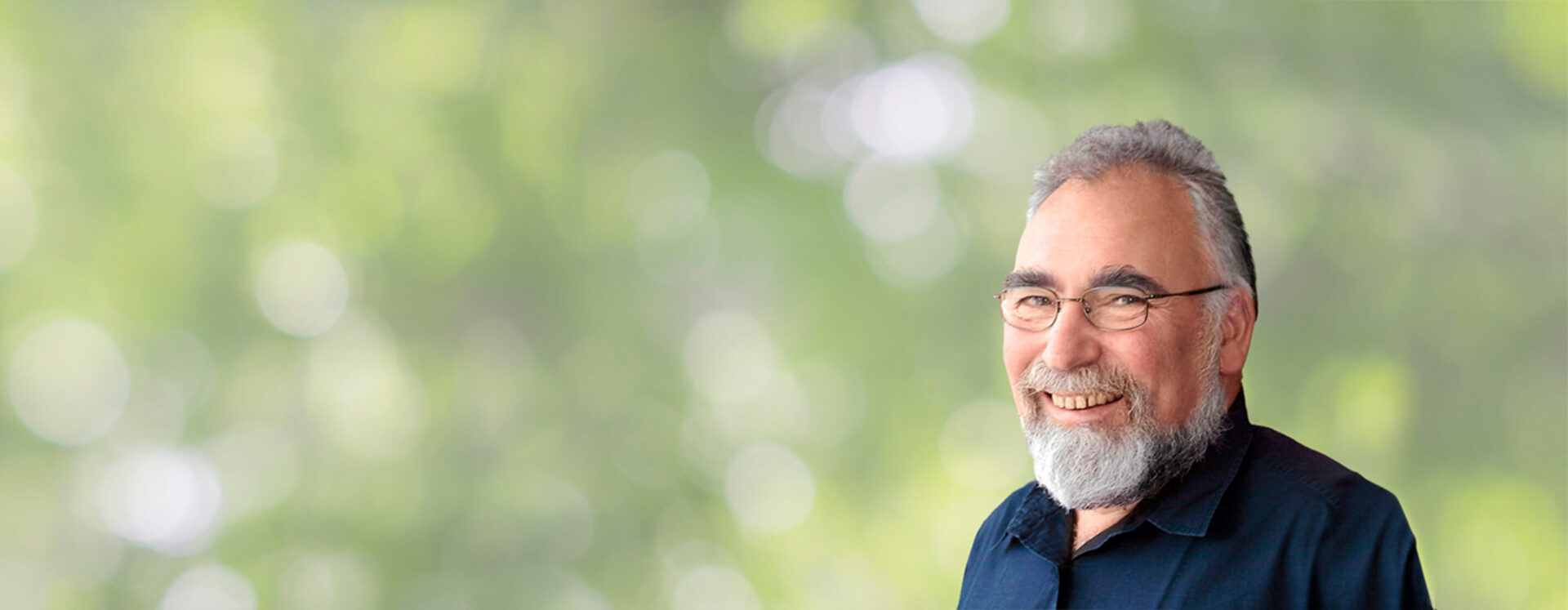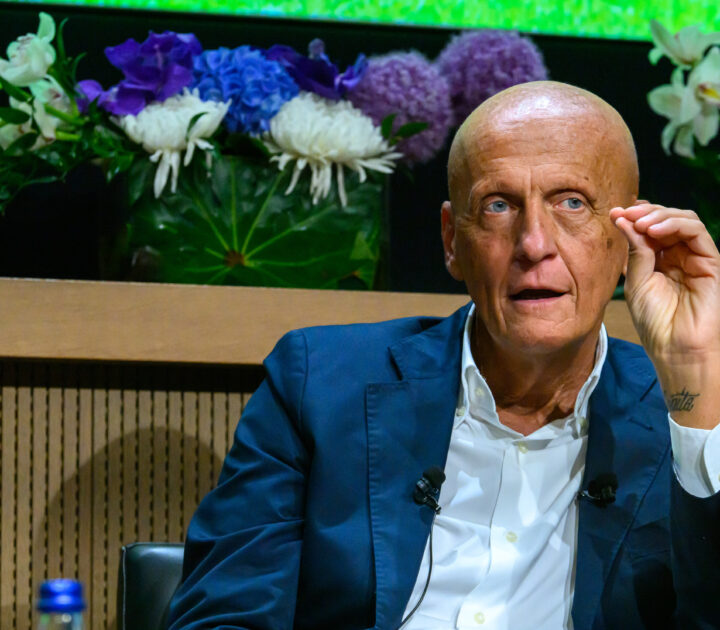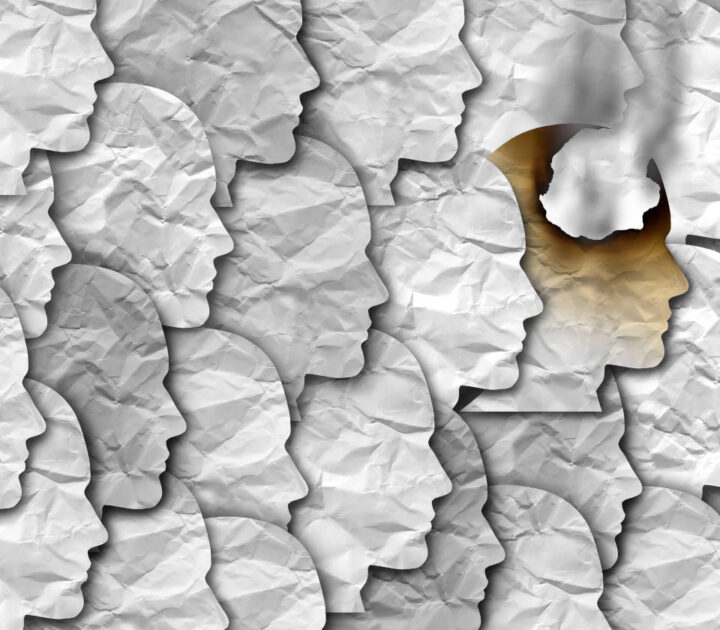
The political leaders we deserve
I was born in 1945. As a Frenchman, indeed as a Western European, in the ensuing seven decades I have known nothing but peace and prosperity. No major “world” wars, no civil wars, no holocaust, no extremist ideologies, no bloody rabid dictatorships, no great economic depression, no major social unrest, no grinding poverty. To paraphrase the words of then British Prime Minister Harold MacMillan from an election speech made in 1956, “we never had it so good”.
Yet all of these tragedies mentioned above, from world wars to grinding poverty and more, occurred in the three decades or so that preceded my birth. As I grew up and learned more about the drama, I wondered how the older generations, those who were adult citizens in the period, could have allowed all this horror to happen. As a Frenchman, I was especially concerned as to why France should have collapsed so humiliatingly before the Nazi onslaught in 1940. The answer I invariably got was that we had very mediocre political leaders, people such as Edouard Daladier and Albert Lebrun.
Then when I was about 15, I read a book – unfortunately I cannot remember either the title or the author – on the French Third Republic (1870-1940) and its collapse. What I do remember vividly, however, were the last two concluding sentences: “We had very mediocre political leaders. We had the political leaders we deserved”.
Here we are in the closing days of 2016. What a global political mess. This especially so when one remembers the wave of optimism that swept much of the world in the wake of the fall of the Berlin Wall in 1989: “a new world order”, the “peace dividend”, the “end of history”, and the enthusiasm with which “globalization” was greeted. The market has conquered, liberal democracy will rule, politics and geopolitics will be relegated to arcane academia.
Of course objectively and in many respects “things” are much better in most of the world than they were 30 years ago, let alone 50 or 70. There has been a dramatic reduction in poverty and an impressive global improvement in health. There are still some awful regimes, but fewer than there were and, on balance, there is more justice.
All that is true and more. Yet fundamentally and especially so far as perceptions are concerned, how differently things have turned out from expectations! We have seen recently a whole series of liberal political setbacks, globalization is fragmenting, corruption is running amok across much of the planet, demagogues rant and rule, and, as I have suggested in a previous posting, it is not too alarmist to suggest that we may be on the brink of war.
The panorama of political leadership in 2016 is alarmingly bleak, with only very few exceptions. Today (5 December) we sigh with great relief that the neo-Nazi candidate to the Austrian presidency did not win the election. But why did he get so far in the first place? At the same time we note the resignation of Italian Prime Minister Matteo Renzi and the political uncertainty in Rome that will ensue and almost certainly further weaken the European Union.
There are several types of political leaders currently strutting the planet. There are the demagogues aspiring to nationalist and often xenophobic galleries; they include: Vladimir Putin in Russia, Donald Trump in the US, Rodrigo Duterte in the Philippines, Narendra Modi in India, Xi Jinping in China, Recep Tayyip Erdoğan in Turkey, Nicolás Maduro in Venezuela, Shinzo Abe in Japan, Viktor Orbán in Hungary, among many others. Corruption is a widespread global curse, illustrated by “leaders” such as Jacob Zuma in South Africa, Michel Temer in Brazil, Park Geun-hye of South Korea and Najib Razak in Malaysia, again, among many others.
There are among today’s political leaders some men and women of integrity. Joko Widodo (Jokowi) of Indonesia and Barack Obama of the US come to mind. Ultimately, however, Obama was able to accomplish relatively little because of the corruption and gridlock seemingly inherent in the system. Jokowi is also having difficulties. Many liberal hopes now rest with Justin Trudeau of Canada. Even if he succeeds, however, how much global influence Canada can have remains an open question.
Among the many who are not necessarily demagogues, the term that probably most fits is mediocrity. In Europe, people such as Mariano Rajoy of Spain, David Cameron and his successor Teresa May in the UK, Matteo Renzi in Italy, Jean-Claude Juncker in Luxembourg (and now president of the European Commission), fit the description to a “t”.
In France, the outgoing ultra-mediocre François Hollande, who currently has a 4% “popularity” rating, will probably be succeeded by an equally mediocre François Fillon. That is the “best-case scenario”, the worst is that he is swept aside by the demagogic far-rightist Marine Le Pen.
There is absolutely nothing in Fillon’s profile that would indicate qualities of leadership in this complex global age. So far as I can tell he has never lived outside France; he began his political career in his early 20s thanks to family connections; in spite of being married to a Welsh woman, he speaks no more than very basic heavily accented English. There is in fact nothing in his résumé that would seem to make him eligible for a senior responsible position in the global age … with, perhaps, the exception of the presidency of France!
In the global political panorama, there is one liberal figure, who stands out and could certainly never be accused of being mediocre: Germany’s Angela Merkel. Two things to note, however: 1) Angela Merkel may not be re-elected next year; 2) though she may be the right person, she comes from the wrong country. Still hampered by the shadow of its past, Germany is not in a position to assume global leadership.
While the global economic landscape is not much to be cheerful about, the global political landscape is a disaster waiting to happen. We seem to combine that toxic mixture of demagogues and mediocrities that we have seen before. The global political scene is turbulently adrift.
Part of the problem is that in light of this situation many who should act as proper guardians of a liberal political order prefer not to engage: look away and the problems will go away. This would seem to be especially true of the business community. Apart from lobbying politically for narrow self-interests, the business community is mute or absent from the political scene. To my disappointment, but I have to say, regretfully not to my surprise, the senior editor of a well-known business magazine wrote to me recently, “we don’t cover politics”. Pretend that it does not exist. Politics is a topic rarely addressed in business media, in business forums or indeed in business schools. How much time was spent this year among MBAs in studying the causes for Brexit or Trump, among many other dangerous disruptions?
It is in every businessperson’s enlightened self-interest to seek to ensure that a liberal, inclusive, equitable and sustainable political order prevails. If it does not, capitalism and the global market economy will not survive. The world could plunge into a very nasty brutish condition. We have been there before; we should ensure we do not go there again.
In this highly turbulent and dangerous age, it is incumbent on business leaders not only to be politically aware, but politically astute. For now, we must recognize that for the most part our political leaders are a baleful lot; but unless we engage actively, intelligently, sensitively and constructively, we will have the political leaders we deserve. How will we explain that to our children and grand-children?
Jean-Pierre Lehmann is Emeritus Professor of International Political Economy at IMD and visiting professor at Hong Kong University.
Research Information & Knowledge Hub for additional information on IMD publications
Many executives say they don’t have time for mindfulness practices, such as daily meditation. An alternative is micro-presence: weaving moments of ...
Earlier this month, the European Union began executing its tariffs on China for electric vehicle (EV) imports, yet the dated practice of taxing pro...
This paper introduces the New Industrial Policy Observatory (NIPO) data set and documents emergent patterns of policy intervention during 2023 asso...
Technological innovation, advances in remote work, and reshaped post-pandemic priorities have led to companies hiring fractional leaders, or part-t...
Research Information & Knowledge Hub for additional information on IMD publications
Research Information & Knowledge Hub for additional information on IMD publications
Research Information & Knowledge Hub for additional information on IMD publications
in I by IMD 5 July 2024
Research Information & Knowledge Hub for additional information on IMD publications
in The World Economy July 2024, vol. 47, no. 7, pp. 2762-2788, https://doi.org/10.1111/twec.13608
Research Information & Knowledge Hub for additional information on IMD publications
in HBR.org 2 July 2024
Research Information & Knowledge Hub for additional information on IMD publications
Research Information & Knowledge Hub for additional information on IMD publications
in I by IMD 28 June 2024
Research Information & Knowledge Hub for additional information on IMD publications
Research Information & Knowledge Hub for additional information on IMD publications
Research Information & Knowledge Hub for additional information on IMD publications





